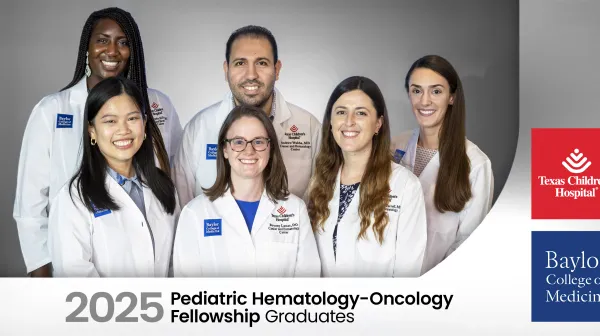For children awaiting liver transplant at Texas Children’s Hospital, the challenge is ensuring patients don’t succumb to life-threatening complications before a donor liver becomes available. Texas Children’s is at the forefront of liver transplantation, performing an impressive average of 30–40 liver transplants annually. Since its inception in 1988, over 750 patients have been granted a new lease on life with new livers.
“We worry about complications like bleeding, sepsis/infection, brain injury, fluid overload, heart and lung failure in children with liver failure,” said Moreshwar S. Desai, MBBS, director of the Liver ICU at Texas Children’s Hospital. “If someone is critically ill with acute liver failure and are listed for transplant, they may receive an offer within 2 to 3 days of listing. However, children with chronic liver disease may need to wait months for a suitable liver.”
Children facing liver failure are among the most challenging patients to care for in the intensive care unit (ICU) setting. As toxins build up in the blood, these children are at high risk of life-threatening hepatic coma, multiple organ failure and death.
A multidisciplinary approach: Bridge therapies
Fortunately, Texas Children’s Hospital offers expertise in a variety of bridge therapies, based on a patient’s specific needs. These therapies include:
- Medications for stabilizing blood pressure
- Mechanical ventilation (ECMO) for lung support
- High-volume therapeutic plasma exchange (TPE), also known as plasmapheresis, for clotting and bleeding corrections
- Dialysis for kidney function support, including high-clearance continuous renal replacement therapy (CRRT), which eases stress on the heart for patients whose complications make them unable to tolerate standard dialysis
- Molecular Adsorbent Recirculating System (MARS®), a liver dialysis therapy that very few children’s hospitals offer
Notably, Texas Children’s stands out as the first hospital in Texas to offer MARS therapy, an albumin/charcoal-based dialysis that aids in preventing brain injury and death, and it remains one of the few pediatric facilities in the nation to offer the modality. This therapy underscores Texas Children’s commitment to leveraging advanced technologies to improve patient outcomes.
“Bridge therapies aren’t one-size-fits-all,” Dr. Desai pointed out. “The various modalities are deployed as per the disease severity and specific cause of liver failure.” Texas Children’s dedicated Liver Intensive Care Unit team, consisting of specialists in liver disease and liver failure management, kidney diseases, extra-corporeal support, infectious disease, interventional radiology and nutrition, collaborates daily to ascertain the optimal support modality for each child.
Specialized expertise is essential
Texas Children’s doesn’t merely provide treatments — it pioneers them.
“Our ability to offer MARS therapy, high-volume TPE and high-clearance CRRT is unique because we have world experts with knowledge of these resource-intensive techniques,” Dr. Desai said. “These therapies can be dangerous if deployed without expertise. Knowledge of indications, contraindications, risks and benefits is vital. Apart from a dedicated Liver ICU team, we approach every patient in a multidisciplinary manner, which has led to our consistently good outcomes.”
Beyond its advanced therapeutic offerings, Texas Children’s has authored a myriad of publications on support therapies to provide data and information to physician colleagues across the country and around the world. The hospital’s high volume of liver failure patients has enabled its team to develop an unparalleled level of experience and expertise. For any hepatologist, gastroenterologist or transplant physician considering care for their patients, Texas Children’s not only offers a vast array of bridge therapies but also boasts the expertise and multidisciplinary approach to ensure optimal outcomes for children awaiting a liver transplant.
To consult on a case or learn more about Transplant Services at Texas Children’s, call 866-683-8032 or email our referral specialist. We’ll make every attempt to contact you within 24 hours of receiving your call or email.





